Microsoft’s FTC Victory over Activision: A Game-Changing Win
Microsoft has emerged victorious in its legal battle with the Federal Trade Commission (FTC) over the acquisition of gaming giant Activision Blizzard. The court ruling by Judge Jacqueline Scott Corley has paved the way for Microsoft’s $69 billion deal to proceed, much to the relief of both companies and the gaming community at large. Let’s delve into the details and implications of this significant victory.
Judge Corley denies preliminary injunction
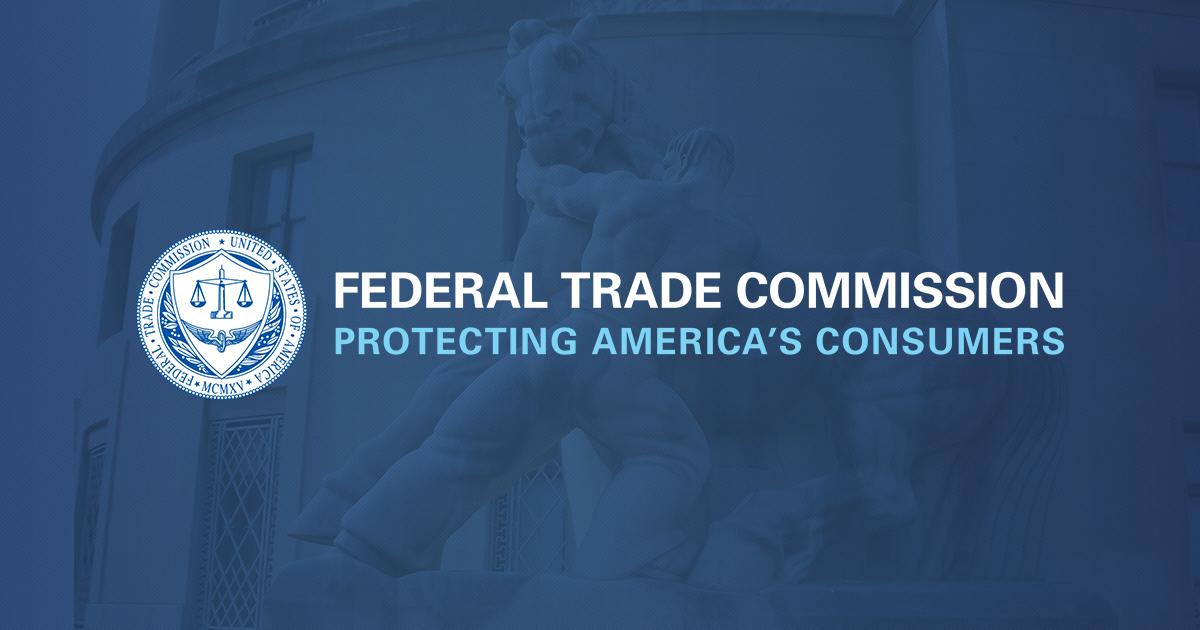
In a ruling submitted by Judge Corley, the FTC’s request for a preliminary injunction to halt the merger was denied. The judge recognized Microsoft’s commitments to maintain Call of Duty on PlayStation and extend it to Nintendo Switch. She also acknowledged the agreements made by Microsoft to bring Activision’s content to various cloud gaming services, which would enhance consumer access to gaming content.
FTC’s claim countered
The court ruling dismissed the FTC’s assertion that the merger between Microsoft and Activision would substantially lessen competition in the gaming industry. Instead, the evidence presented pointed towards increased consumer access to games and a positive impact on the industry as a whole. While the FTC can still appeal the decision, the ruling gives a strong indication of the court’s stance.
Relief and optimism expressed by Microsoft and Activision
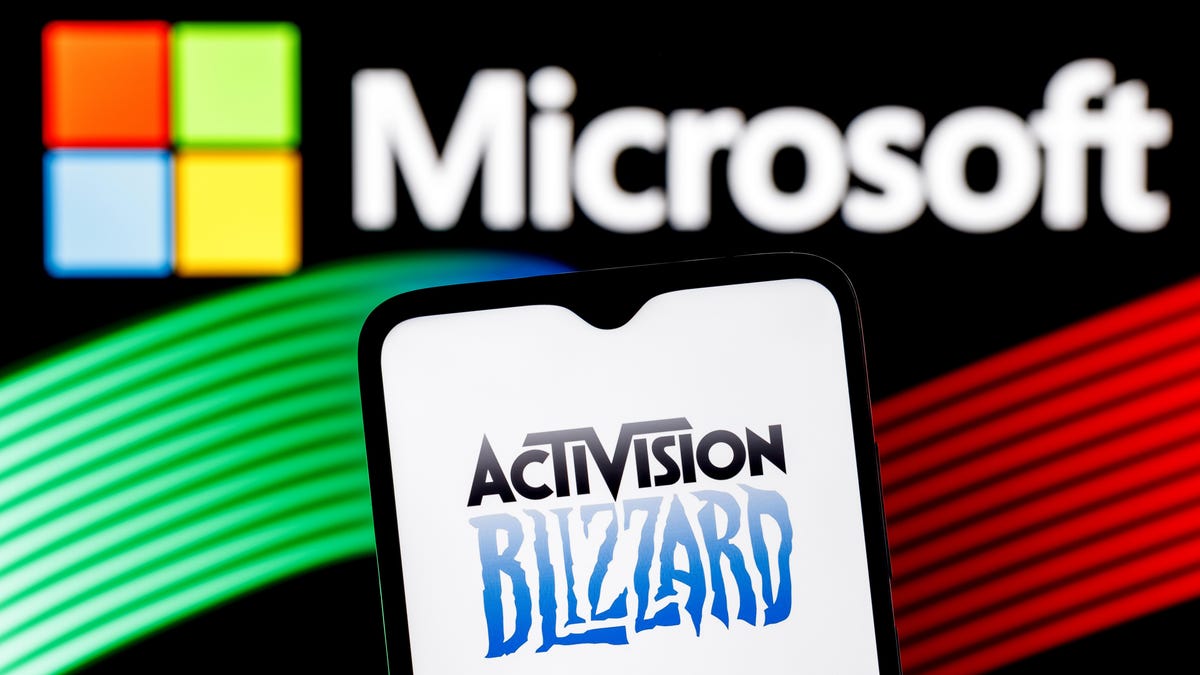
Following the court decision, Microsoft President Brad Smith expressed gratitude for the swift and favorable ruling. He emphasized that the evidence presented during the trial demonstrated the benefits of the merger for the gaming industry. Xbox Head Phil Spencer echoed these sentiments, stating that the deal is good for the industry, and the FTC’s claims do not reflect the realities of the gaming market.
Industry impact and competition concerns
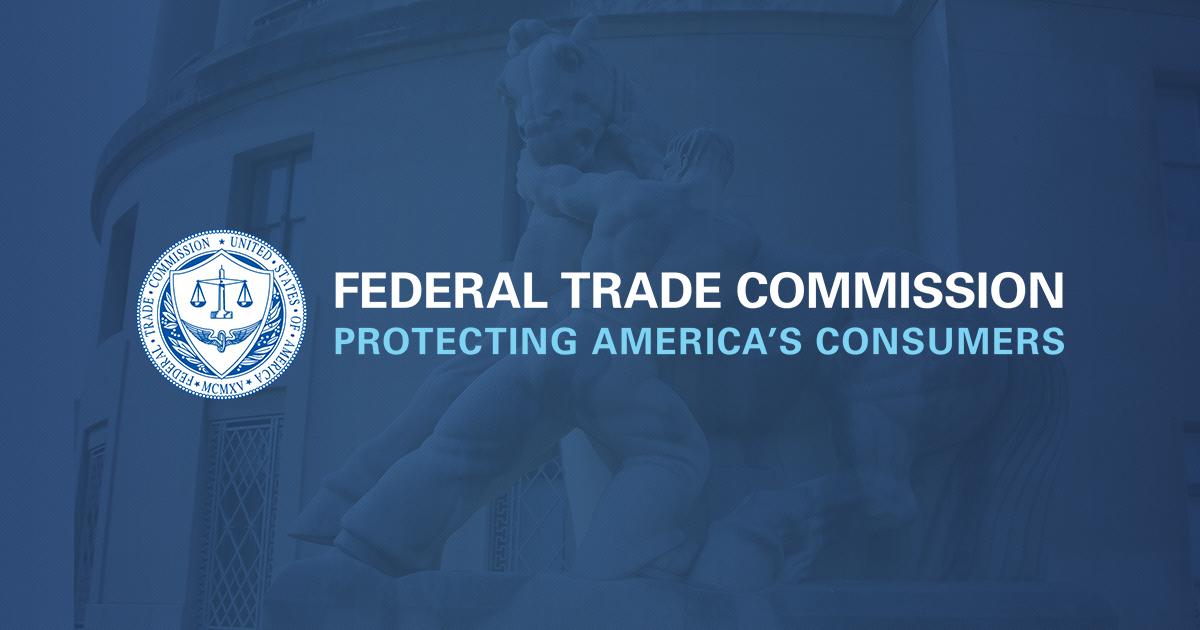
The merger between Microsoft and Activision is poised to reshape the gaming landscape. With Microsoft’s vast resources and expertise, the collaboration has the potential to bring about innovative and immersive gaming experiences. However, some experts have raised concerns about potential monopolistic practices and reduced competition in the industry. The FTC’s initial move to challenge the merger was based on these concerns.
Significance of Call of Duty
One of the key factors in the court’s decision was the iconic Call of Duty franchise. Microsoft’s commitment to keeping the game available on PlayStation, extending it to Nintendo Switch, and ensuring consumer access was crucial in swaying the ruling in their favor. Call of Duty’s popularity and widespread appeal make it a central player in the gaming market.
Next steps and potential appeals
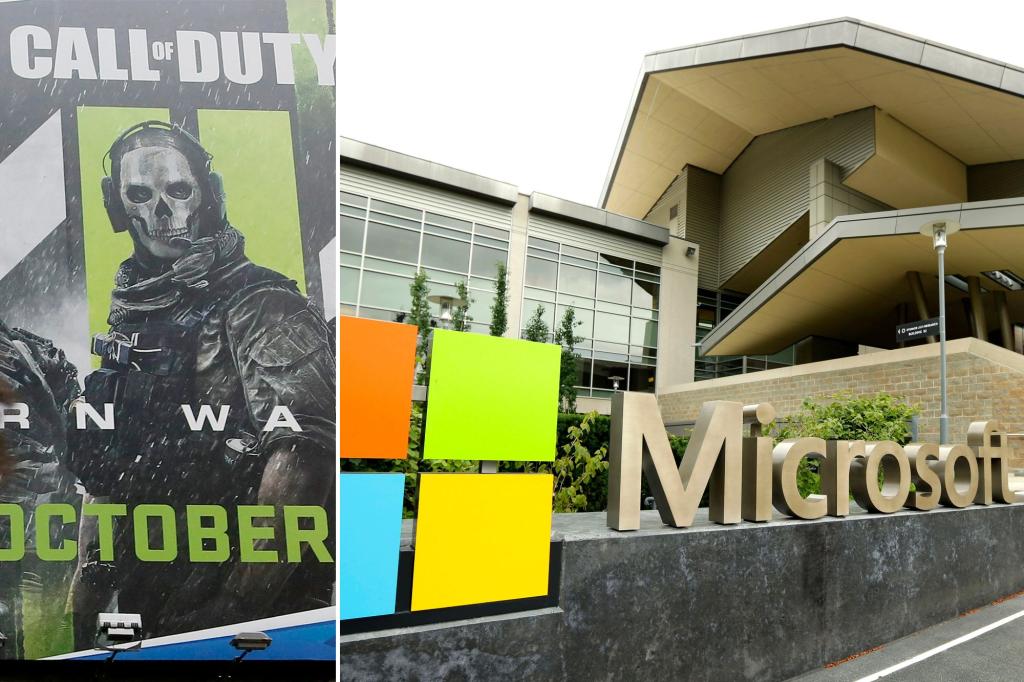
While Microsoft celebrates its victory, the legal battle is not entirely over. The FTC can still choose to appeal the court’s decision and take the case to a higher court. On the other hand, Microsoft can continue pushing forward with its acquisition plans and proceed towards finalizing the deal. The outcome of any potential appeals will determine the final resolution of this closely watched case.
Conclusion
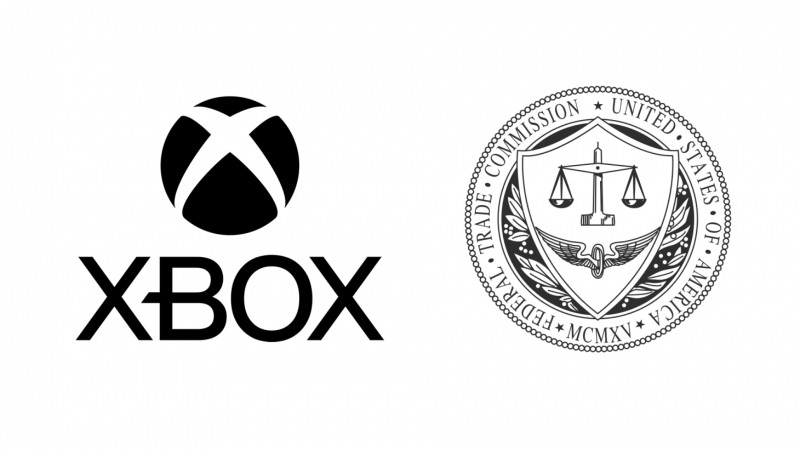
Microsoft’s triumph in the legal battle against the FTC is a significant win for the tech giant and the gaming industry as a whole. With the court ruling in their favor, Microsoft can move ahead with its plans to acquire Activision Blizzard, bringing together two influential players in the gaming world. The implications of this merger and the potential impact on competition and gaming experiences are yet to be fully realized. Only time will tell how this game-changing deal unfolds.
FAQs
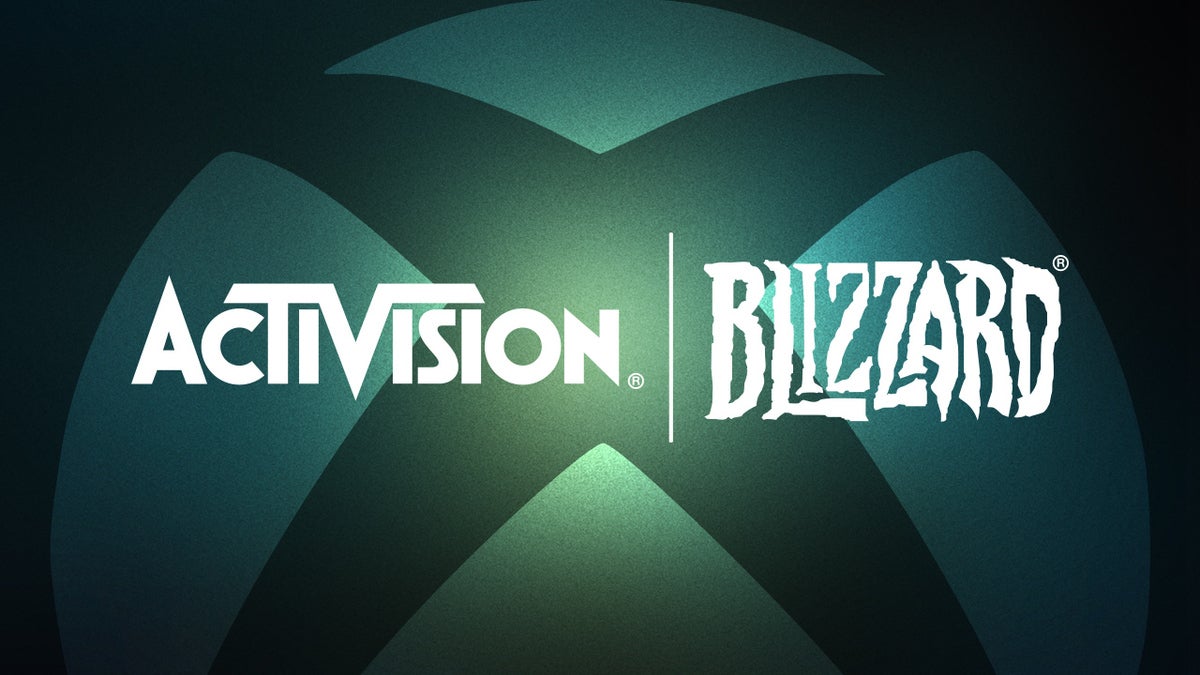
1. What was the main concern of the FTC in opposing the Microsoft-Activision merger?
The FTC was primarily concerned about potential monopolistic practices and reduced competition in the gaming industry resulting from the merger.
2. How did Microsoft address the FTC’s concerns regarding competition?
Microsoft made commitments to maintain Call of Duty on PlayStation, extend it to Nintendo Switch, and ensure consumer access to Activision’s content on various cloud gaming services.
3. What is the significance of the Call of Duty franchise in this case?
Call of Duty’s widespread popularity and appeal played a pivotal role in the court’s decision. Microsoft’s commitment to keeping the game available on multiple platforms showcased their dedication to maintaining competition.
4. Can the FTC appeal the court’s decision?
Yes, the FTC has the option to appeal the court’s decision and take the case to a higher court for further review.
5. How will the merger between Microsoft and Activision impact the gaming industry?
The merger has the potential to reshape the gaming industry, bringing together two influential players and leveraging Microsoft’s resources and expertise to create innovative and immersive gaming experiences.

